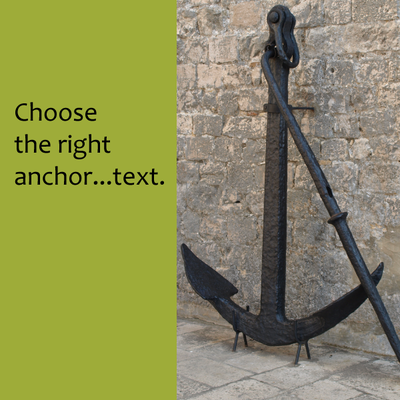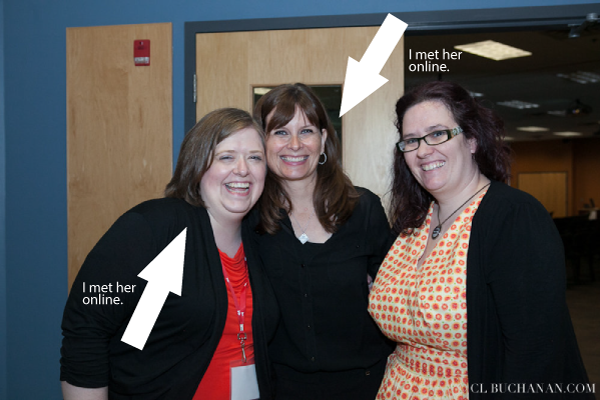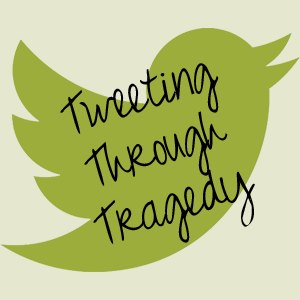Remember the days when you had to format footnotes and endnotes and a bibliography at school? The thought of it makes me shudder. Writing for the web allows me to reference sources in a much cleaner, user-friendly way - no card catalogue and page-flipping required.
When you’re writing a blog post, linking to supporting content is a must (your own and others), particularly if you want to work at establishing your expertise. Showing that you are an expert doesn’t mean linking exclusively to your own content. In fact, I’ve seen “experts” that do this and won’t link to them. A true expert is open to learning from others and they don’t shy away from showing it.
There are a few things you’ll want to consider when linking to supporting content or reference material for your web audience. While there’s absolutely nothing wrong with using more formal endnotes, footnotes, MLA or APA citations in your content, these methods of referencing material aren’t widely used on the Internet.
Thoughts flow seemlessly with good anchor text
 Image Source: stock.xchngAnchor text is the text you select to link to within a post. The anchor part refers to coding a link in HTML because the HTML tag for creating links - <a></a> - are called anchor tags.
Image Source: stock.xchngAnchor text is the text you select to link to within a post. The anchor part refers to coding a link in HTML because the HTML tag for creating links - <a></a> - are called anchor tags.
In this article on anchor text, Moz writes:
Link relevancy is determined by both the content of the source page and the content of the anchor text. It is a natural phenomenon that occurs when people link out to other content on the web.
The text you select for your anchor matters:
Natural anchor text is not stuffed with keywords, but is instead useful for the reader while accurately describing what the text links to.
If you want a full tutorial without some of the more complex SEO principles, you might find this anchor text tutorial useful. Or just keep reading blogs and take note of how links are set up and what text the writer uses. It’s not hard to get a feel for what anchor text makes sense.
How to create links in your text
Different platforms have different interfaces, but this list of tutorials for some of the more common website platforms should give you a good idea of how to create a link even if your platform isn’t listed here.
If you’re really struggling, do a Google search for “how to add a hyperlink to <insert your platform name>”.
Or if you’re really adventurous, here’s the code (please note: all links past this point are fake):
It’s easy to add links manually to <a href=”http://www.website-you-want-to-link-to.com/really-cool-article-you-dont-want-to-miss.html”>the text you want to link to</a>.
Don’t you think this:
It’s easy to add links manually to the text you want to link to.
Looks better than this:
http://www.website-you-want-to-link-to.com/really-cool-article-you-dont-want-to-miss.html
Just make sure your code (all the bits inside of the <>) is all lowercase.
Do you think this will help you choose more strategically when you need to link to other articles on the Internet?





